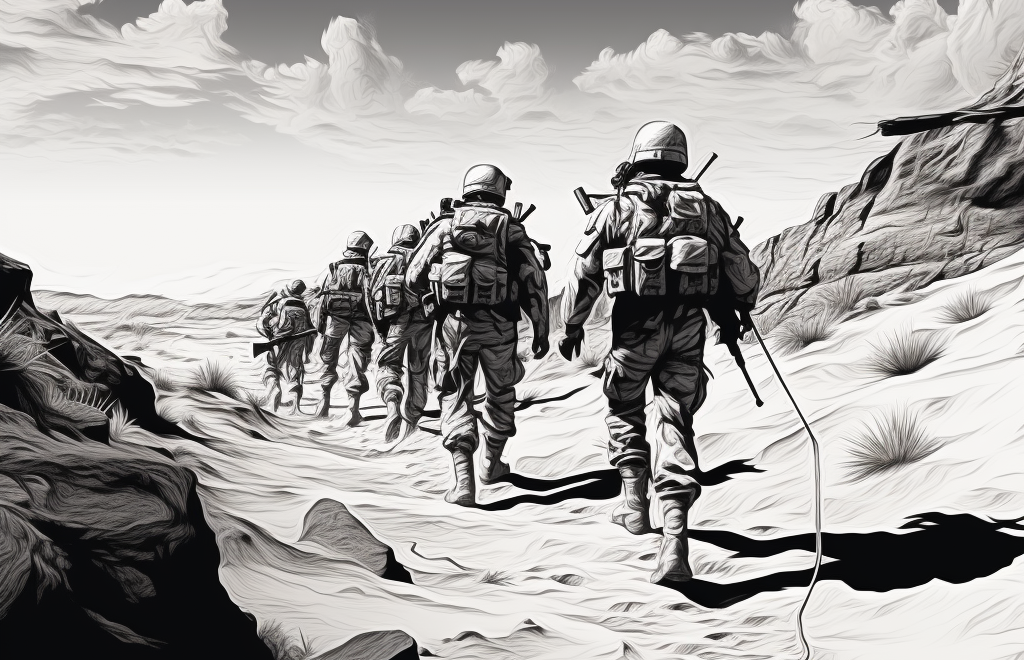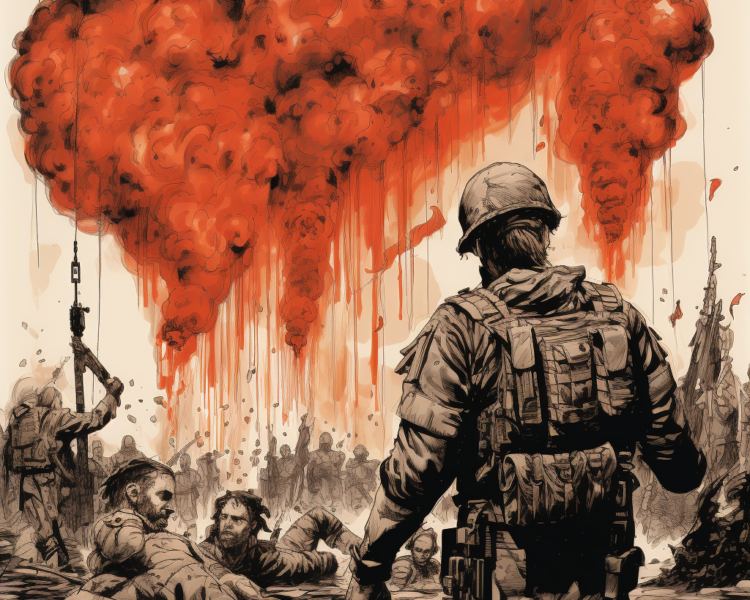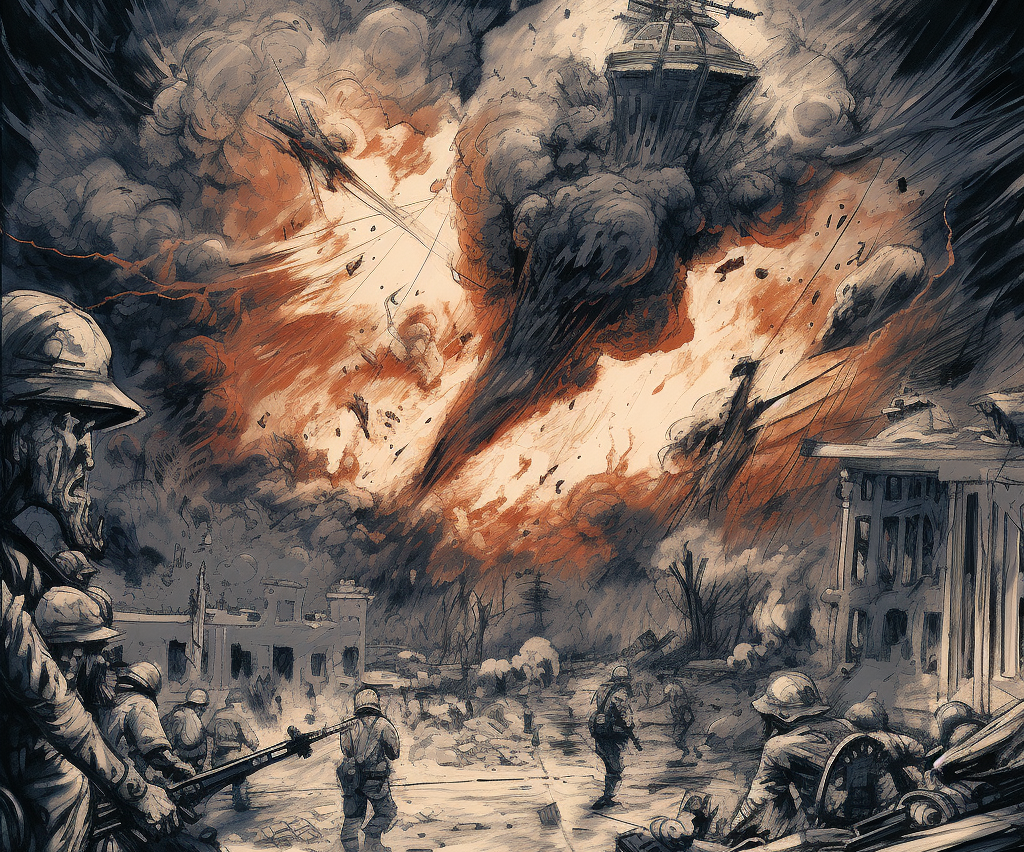And while self-protection is vital, it’s worth questioning if the War on Terror maintained that balance.
Impact on Civil Liberties
Now, onto a topic that hits home – our civil liberties.
The War on Terror, in its bid to protect, inadvertently led to an erosion of these liberties in many societies. New surveillance laws, detentions, racial profiling, and more were all actions taken in the name of security.
Imagine being under constant surveillance or judged based on religion or ethnicity. Not the most comforting thought, is it?
Yet, this has been a reality for many. It’s like trading personal freedom for a perceived sense of security, a trade-off that has sparked much debate.
Cultural Shifts and Public Opinion
Let’s look at something that’s everywhere yet often overlooked – the cultural impact. The War on Terror has influenced our books, movies, music, and more. It has shaped public opinion and often led to a climate of fear and suspicion.
Remember the last action movie you watched featuring a stereotypical ‘terrorist’ villain? Or the news broadcasts painting entire regions with a broad brush of extremism?
These are manifestations of how deeply the War on Terror has seeped into our cultural fabric, often perpetuating harmful stereotypes and biases.
The Humanitarian Impact
Picture this – one day, you’re leading an ordinary life. The next, your world is turned upside down due to conflict or displacement. Imagine having to leave your home, your town, or even your country behind because it’s no longer safe.
It’s heart-wrenching, yet, this has been the harsh reality for millions of people in regions heavily affected by the War on Terror.
Refugee crises, civilian casualties, and the destruction of homes and communities are the raw human impacts of war. Often they’re hidden beneath headlines or lost in the shuffle of political discourse, but they’re arguably the most vital part of this conversation.
After all, if policies and actions don’t ultimately serve people, then whom are they serving?
Lessons Learned From the War on Terror
While examining these unintended consequences can be disheartening, it also sheds light on valuable lessons. It’s become clear that tackling terrorism is not a simplistic ‘good vs evil’ battle.
Instead, it’s a nuanced, complex task requiring a balanced approach that considers the long-term impacts of policies.

By understanding this, the world has shifted its focus from a predominantly military response to incorporating diplomatic, social, and economic strategies. It’s about ensuring we don’t inadvertently sow the seeds of discord, division, or resentment in our quest for security.
Like any significant historical event, the War on Terror is a learning curve. We must take these lessons and build a more equitable, understanding, and secure world.











COMMENTS